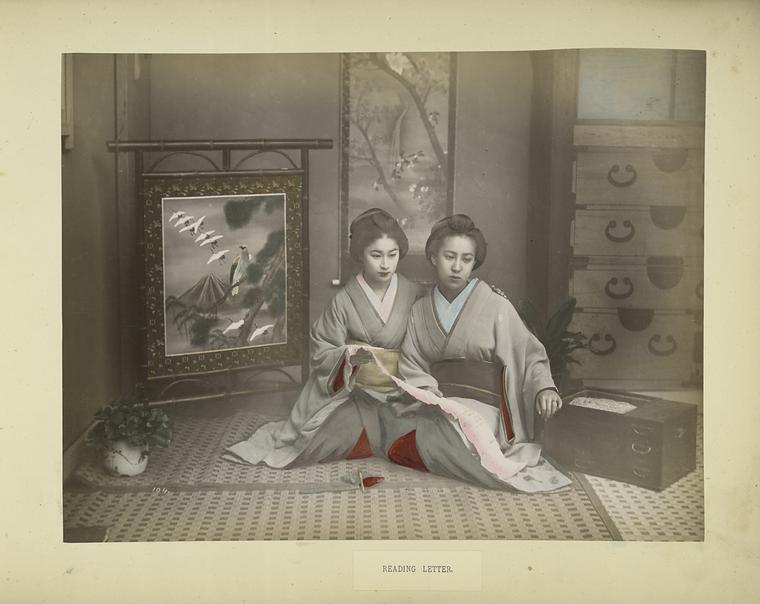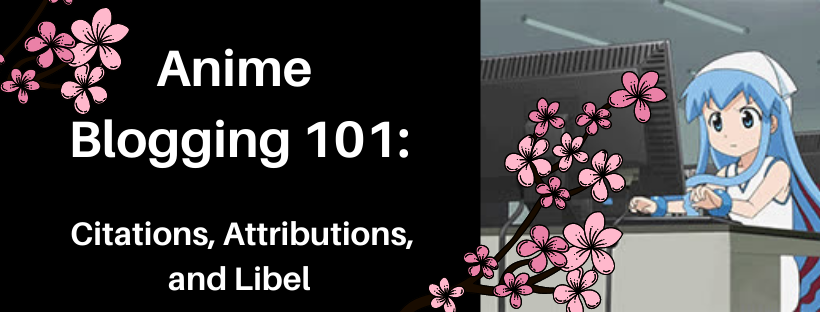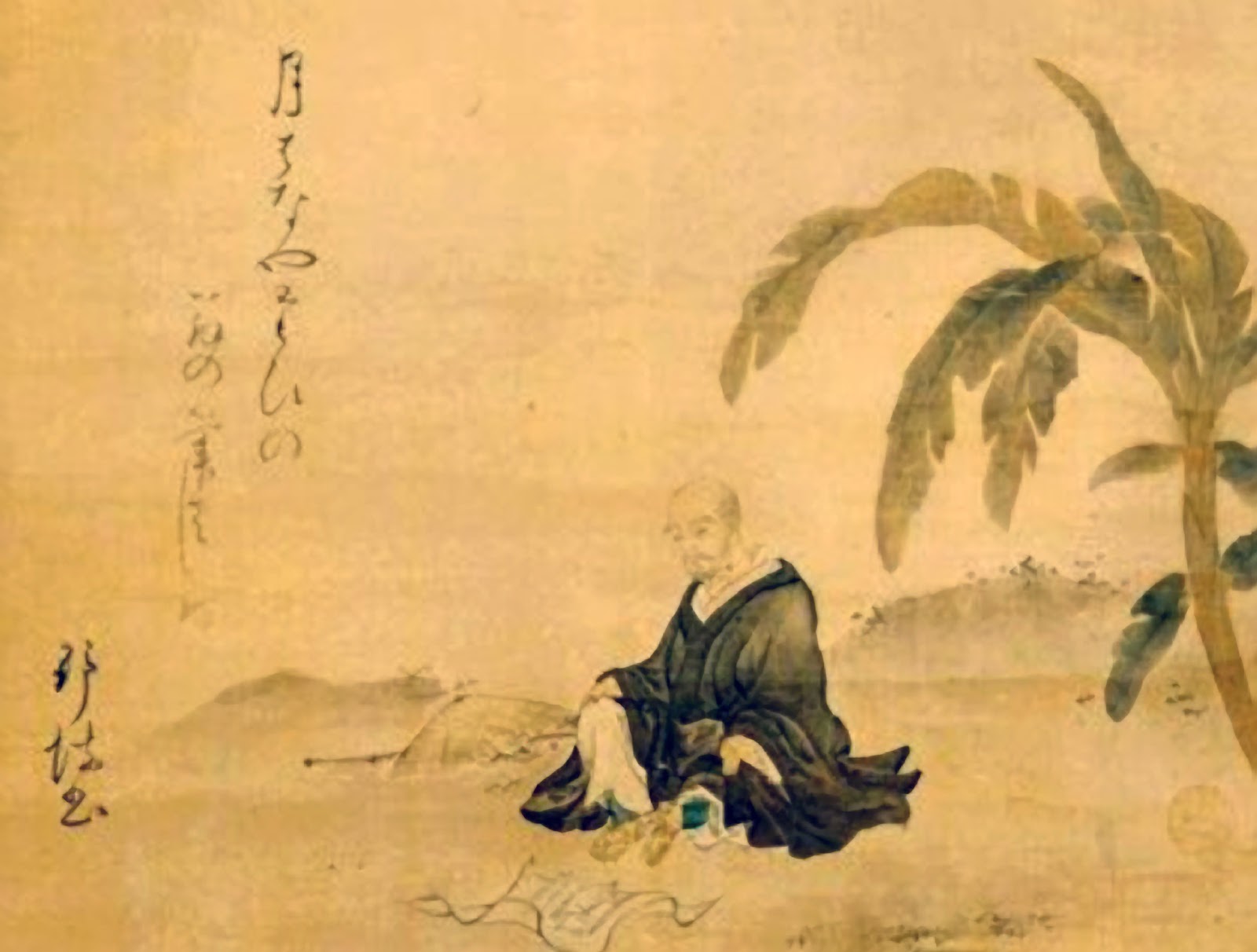
Sometimes it’s difficult to find good research about Japanese culture. Oh, I can find information online easily, but the quality is often suspect. Wikipedia isn’t reliable, and I’ve seen chains of so-called references linking back to each other to form a loop of wikis, advertisement sites, and other questionable information. That isn’t to say you can’t find good information online. It’s just hard. In my earlier articles, you’ll see references to Wikipedia and other unreliable sources. As JP has aged, I’ve changed how I research. Don’t get me wrong, Wikipedia is good for a general overview–a starting point when you don’t know anything about a topic. But it isn’t the end. Because anyone can edit wiki pages, the information can be skewed, incomplete, or perpetuate incorrect assumptions. Peer-reviewed journals, although not without their own problems, have experts that slice up the information. This, generally, makes them more accurate even when they have their own set of biases.
Many state libraries provide some level of access to academic databases, so you should check out your local library system. These databases often have information you can’t find on the World Wide Web, but they have their own issues too. These become apparent as you use them more often:
- The search system stinks. Unless you are familiar with subject headings, boolean commands, and other esoteric techniques, you will struggle a bit more to find information. Although more databases are behaving like Google.
- Language barriers.
- Western bias.
I run into Western bias often. As an American who can’t read Korean, Chinese, or Japanese (or at least enough to count as reading), it is easy for me to fall into a Western-centric view. Exoticism of the East is still alive and well, even within academia. This means its hard to find information on more detailed topics, such as the use of talismans within Japanese exorcist traditions. The language barrier frustrates me. I miss out on many excellent sources because I can’t effectively read Japanese. However, I’ve also seen more research about Japan in Chinese and Korean than I have in Japanese. Plus, China has had such an influence on Japanese culture, and Asia in general, that it behooves to study Chinese history. So to be a proper expert, I’d have to learn Chinese, Korean, and Japanese.

For now, I’ll settle for being being an average researcher instead of a proper expert. I struggle to learn languages, but I’m in good company at least. Leonardo da Vinci struggled to learn more than his native tongue, as his notebooks attest. And his was one of the greatest minds in history.
Despite the language problem and the difficulty of the hunt, I’ve managed to dig up good information. It’s out there and in your native language if you look deep enough. It’s a matter of practice and learning search techniques. I mine bibliographies. They provide the best and easiest way to find additional sources. And as you mine them, they naturally yield even more bibliographies. Citations ease your search. Think of each citation as a key which unlocks yet more keys.
I don’t write this to discourage you. I want to lift the tatami mats to show you that I struggle with research too. But I find research fun. There’s no telling what interesting bits–and blog article ideas–you will stumble into. It’s one of the few chances you can be Sherlock Holmes, Father Brown, or Poirot in real life. It’s a great way to find ideas when the idea-spring dries. Researching Japan isn’t easy. Otaku culture has created a web of information and misconceptions that can be tough to parse. Some closely held beliefs–such as the idea that Japanese girls are sexually promiscuous–are flat-out wrong. But the echo-chamber effect of blogs makes these beliefs appear true.
Of course, the anime community isn’t at fault. Today’s information landscape makes it difficult to know what is factual. Even academic databases can mislead. Some argue they mislead on purpose because of their “agenda”. The noise makes it hard to research, but there are some techniques to help:
- Be skeptical, especially if you agree.
- Beware generalizations.
- Beware hyperbole.
- Look at where the information is silent.
Be Skeptical
It’s vital to be skeptical about information, including what I write. People can mislead through mistakes. Not everything is intentional. However, the Internet teems with misinformation. Much of that misinformation plays to people’s expectations and confirms mistaken views. I’m skeptical of information that doesn’t challenge my understanding. Of course, I’m also skeptical of information that challenges my understand too much. I look for information in the middle–information that challenges what I know, but not so much that it contradicts wide swathes of my understanding. Although I consider that information too. I am always open to being wrong. In fact, I want to be wrong.
Beware Generalizations
Generalizations pose another danger. The human mind is lazy; it likes everything to fit neatly into expectations. Generalizations tie back to my point of skepticism. Generalizations can be helpful when discussing trends, but they also run into the problem of missing nuance. For example, a common generalization of Asians involves the idea that they are good at math. While Asian schools have excellent science and engineering courses, Asians, on the whole, are not naturally better at math. China and Japan may generally score better than the United States, but that speaks more about the differences in educational systems than the existence of racial abilities. Generalizations obscure the many reasons behind a trend.
Beware Hyperbole
Hyperbole. Ah, the mainstay of modern life. We can’t speak about anything without using words ill-suited for the topic. This pizza is awesome. The word awesome was once reserved for events or ideas that inspired an intense feeling of awe–that is a feeling of wonder, of being overwhelmed, of being humbled–such as feeling the presence of God or some other spiritual event. Now the word means nothing. Likewise, the word catastrophe is tossed about by the news for events where a few people die. Don’t get me wrong, it’s terrible that people die in events, but the word catastrophe means a terrible event in which hundreds of not thousands of people die. Tragedy is a similar word. Constant use of expletives is also a type of hyperbole. Information sources that fall to hyperbole are trying to appeal to your emotions rather than your intellect. This makes the information suspect because it colors it with an agenda. It doesn’t let you decide for yourself. It can be fun to read, but it isn’t always reliable.
Look for What is Missing
Missing information is the hardest to spot. Writers have to leave behind some information, but that cut information sometimes determines the quality of the entire article. This form of misinformation isn’t always intentional–no one can know everything. But sometimes information is purposefully left out in order to slant the argument toward what the author wants. It seeks to manipulate your view. Unlike the previous points, silence can’t be seen unless you know a lot about the topic. However, silence is usually partnered with the previous three points–agreement, generalization, and hyperbole. The only way to counter silence is to read close and ask questions. Whenever you see statistics, I find it helpful to consider the reverse of the number. Let’s say 20% of anime fans like to watch animated grass grow. That means 80% of anime fans potentially don’t like to watch animated grass grow. While these reverse statistics aren’t always correct assumptions, they help you consider possible silence within an article.

It’s hard to know if what you read is factual or not. When I write articles and research, I will sometimes find myself leaving out information that undermine my argument (I try to add it back in when I notice this so I don’t mislead you). Writers don’t intentionally do this. It’s just a natural part of writing. Information is filtered through my mind before plunking onto the screen, which you then read and filter. In the process, something is lost; much is lost. Problems arise when this natural information loss is compounded by purposeful deception or omission. Politics and religion are particular areas for this to happen.
When writing about anime and Japan, my filter as an American can add to all of this when I research. While outside perspectives often lend insight–a fish can’t know water, after all–it also makes it easier for me to generalize and misunderstand. I remain conscious of this, but I will make mistakes time to time as I research and write. It’s hard to know what research I’m missing because of all the variables, but I do what I can to provide you with the best information I can find. But I find research and writing about anime and Japanese culture fun, and I appreciate corrections the anime community has pointed out to me over the years. Don’t stop learning and questioning and growing as a fan of anime and of Japan.



